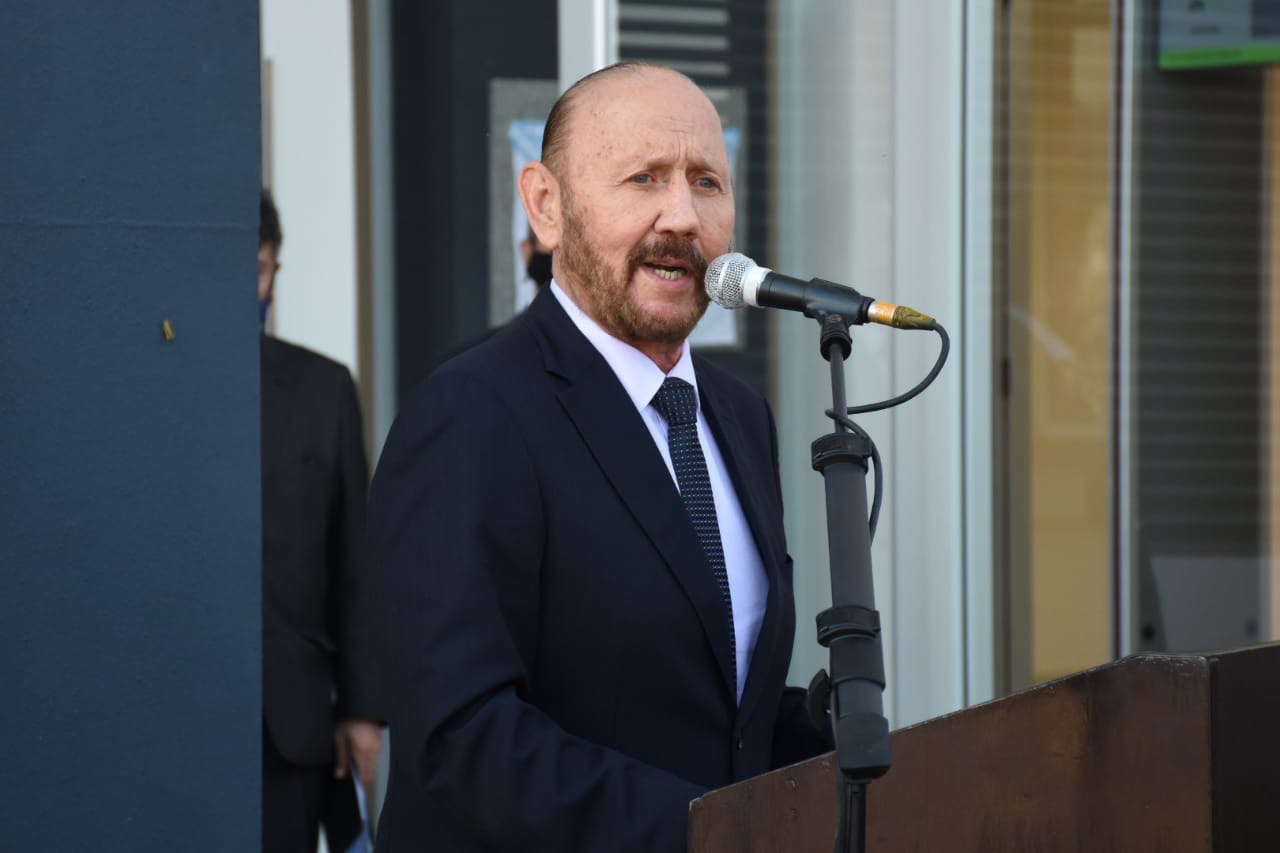Germany Opposes Plan to Transfer Proceeds from Frozen Russian Assets to Ukraine
Germany has voiced its opposition to the European Commission’s plan to hand over profits from Russia’s frozen assets to Ukraine, citing potential legal and financial risks. The Financial Times reports that the European Commission is working on a plan that could raise billions of euros by requiring financial institutions holding immobilized Russian assets to transfer part of the proceeds to the restoration of Ukraine. However, concerns expressed by the European Central Bank and other capitals, including Berlin, have called for further reflection on the ideas.
A spokesperson for the German Foreign Ministry stated that Moscow should be held accountable for the damage caused to Ukraine and emphasized that Germany is actively seeking to locate and freeze the assets of Russian individuals and companies under sanctions. However, the spokesperson also highlighted the “difficult financial and legal issues” raised by the idea of using Russian funds to rebuild Ukraine.
Another official pointed out that if the EU takes money from the Russian central bank or receives income from investing funds, it could set a precedent for other countries, such as Poland’s claim for compensation from Berlin for losses during World War II. German Justice Minister Marco Buschmann reportedly studied EU proposals to confiscate the assets of the Russian central bank and concluded that they were not legally viable.
Sources familiar with the discussions revealed that during a meeting with the European Commission, several diplomats urged caution, stating that important questions needed to be answered before a formal proposal could be made. Since the freezing of hundreds of billions of euros in Russian central bank assets following the invasion of Ukraine, officials have been debating how to utilize some of that money to rebuild the country. The EU representatives have abandoned the idea of a complete confiscation of assets but are exploring ways to collect part of the proceeds for Kyiv.
One option being considered is requiring securities custodians to make an excess contribution from the profits generated by reinvesting the proceeds from these assets. However, further deliberation and analysis are needed before a concrete proposal can be put forward.
In related news, the Estonian government has approved principles for using the frozen assets of Russia to support Ukraine.
Source: Financial Times

What are the concerns raised by Germany’s opposition to the European Commission’s plan to transfer frozen Russian assets to Ukraine?
Germany’s opposition to the European Commission’s plan to transfer frozen Russian assets to Ukraine has sparked concerns over potential legal and financial risks. The plan aims to raise billions of euros by requiring financial institutions to transfer a portion of the profits from immobilized Russian assets for Ukraine’s restoration. However, the European Central Bank and other capitals, including Berlin, have expressed their reservations and called for further reflection on the matter.
The German Foreign Ministry emphasized the need to hold Moscow accountable for the damage caused to Ukraine and stated that Germany is actively locating and freezing the assets of Russian individuals and companies under sanctions. However, the idea of using Russian funds to rebuild Ukraine poses difficult financial and legal challenges, according to a ministry spokesperson.
Critics argue that if the EU seizes money from the Russian central bank or receives income from investing funds, it could set a precedent for other countries seeking compensation for historical losses. For instance, Poland could potentially claim compensation from Germany for losses suffered during World War II. German Justice Minister Marco Buschmann has assessed the EU proposals to confiscate the Russian central bank’s assets and concluded that they are not legally viable.
During discussions with the European Commission, diplomats urged caution, emphasizing the need to address important questions before formalizing a proposal. Since the freezing of hundreds of billions of euros in Russian central bank assets following the invasion of Ukraine, officials have debated how to utilize some of that money to rebuild the country. While a complete confiscation of assets is no longer considered, the EU explores options such as collecting a portion of the proceeds for Kyiv by mandating excess contributions from securities custodians.
Further analysis and deliberation are required before a concrete proposal can be presented. In related news, the Estonian government has approved principles for using frozen Russian assets to support Ukraine.


It is understandable for Germany to raise concerns over the EU plan to use frozen Russian assets to support Ukraine. While the intention to aid Ukraine is commendable, it is important to carefully consider the potential consequences and diplomatic implications of such a move.